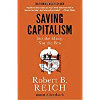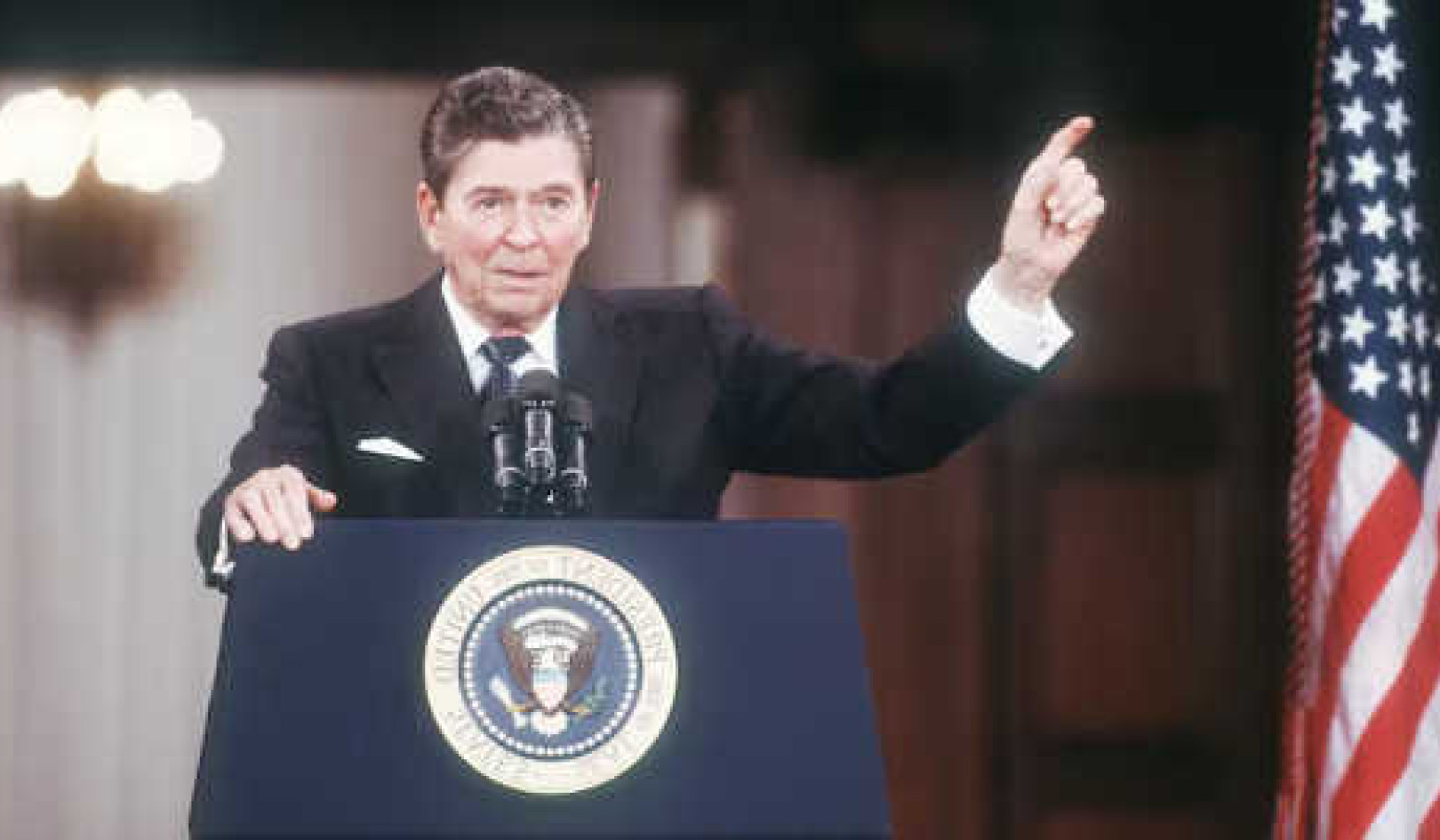
Trump’s tweets are a new form of governing by edict. They’re tweedicts.
Incoming White House press secretary Sean Spicer says “Whatever he tweets, he is going to drive the news.”
That’s the problem. In driving the news, Trump’s tweedicts gain the power of implied threats – that he’ll, for example, sanction a particular company (Ford, General Motors, Carrier, or Boeing); unilaterally alter foreign policy (recognize Taiwan, encourage Israel to expand on the West Bank, not back NATO against Russian aggression); unleash his angry followers on a particular critic (a local union leader in Michigan, a teenage girl in New Hampshire, a TV news host); cause customers or readers to boycott a media outlet (CNN, the Arizona Republican, Saturday Night Live, the cast of Hamilton); or impose high political costs on Republican members of Congress (for pursuing an investigation against Russia, gutting an ethics office).
The United States is supposed to be a government of laws, not of edicts. Yet Trump’s tweets are gaining power even though they aren’t legislation. They aren’t executive orders (which can be reviewed and overturned by courts). They aren’t even the statements of a president using his “bully pulpit” to make a general point, because they single out particular companies and people.
They are arbitrary and capricious, reflecting the daily whims of Donald Trump.
And he’s not even president yet.
The media argue that the thoughts of a president-elect are “inherently newsworthy.” Rubbish. They’re newsworthy only because they drive the news. And they drive the news only because they’re considered by the media to be newsworthy.
That tautology can turn into a vicious cycle leading to tyranny.
The media should pay less attention what Trump is tweeting and more attention to what Trump is actually doing.
About the Author
 ROBERT B. REICH, Chancellor’s Professor of Public Policy at the University of California at Berkeley, was Secretary of Labor in the Clinton administration. Time Magazine named him one of the ten most effective cabinet secretaries of the last century. He has written thirteen books, including the best sellers “Aftershock" and “The Work of Nations." His latest, "Beyond Outrage," is now out in paperback. He is also a founding editor of the American Prospect magazine and chairman of Common Cause.
ROBERT B. REICH, Chancellor’s Professor of Public Policy at the University of California at Berkeley, was Secretary of Labor in the Clinton administration. Time Magazine named him one of the ten most effective cabinet secretaries of the last century. He has written thirteen books, including the best sellers “Aftershock" and “The Work of Nations." His latest, "Beyond Outrage," is now out in paperback. He is also a founding editor of the American Prospect magazine and chairman of Common Cause.
Books by Robert Reich
Saving Capitalism: For the Many, Not the Few -- by Robert B. Reich
 America was once celebrated for and defined by its large and prosperous middle class. Now, this middle class is shrinking, a new oligarchy is rising, and the country faces its greatest wealth disparity in eighty years. Why is the economic system that made America strong suddenly failing us, and how can it be fixed?
America was once celebrated for and defined by its large and prosperous middle class. Now, this middle class is shrinking, a new oligarchy is rising, and the country faces its greatest wealth disparity in eighty years. Why is the economic system that made America strong suddenly failing us, and how can it be fixed?
Click here for more info or to order this book on Amazon.
Beyond Outrage: What has gone wrong with our economy and our democracy, and how to fix it -- by Robert B. Reich
 In this timely book, Robert B. Reich argues that nothing good happens in Washington unless citizens are energized and organized to make sure Washington acts in the public good. The first step is to see the big picture. Beyond Outrage connects the dots, showing why the increasing share of income and wealth going to the top has hobbled jobs and growth for everyone else, undermining our democracy; caused Americans to become increasingly cynical about public life; and turned many Americans against one another. He also explains why the proposals of the “regressive right” are dead wrong and provides a clear roadmap of what must be done instead. Here’s a plan for action for everyone who cares about the future of America.
In this timely book, Robert B. Reich argues that nothing good happens in Washington unless citizens are energized and organized to make sure Washington acts in the public good. The first step is to see the big picture. Beyond Outrage connects the dots, showing why the increasing share of income and wealth going to the top has hobbled jobs and growth for everyone else, undermining our democracy; caused Americans to become increasingly cynical about public life; and turned many Americans against one another. He also explains why the proposals of the “regressive right” are dead wrong and provides a clear roadmap of what must be done instead. Here’s a plan for action for everyone who cares about the future of America.
Click here for more info or to order this book on Amazon.



























